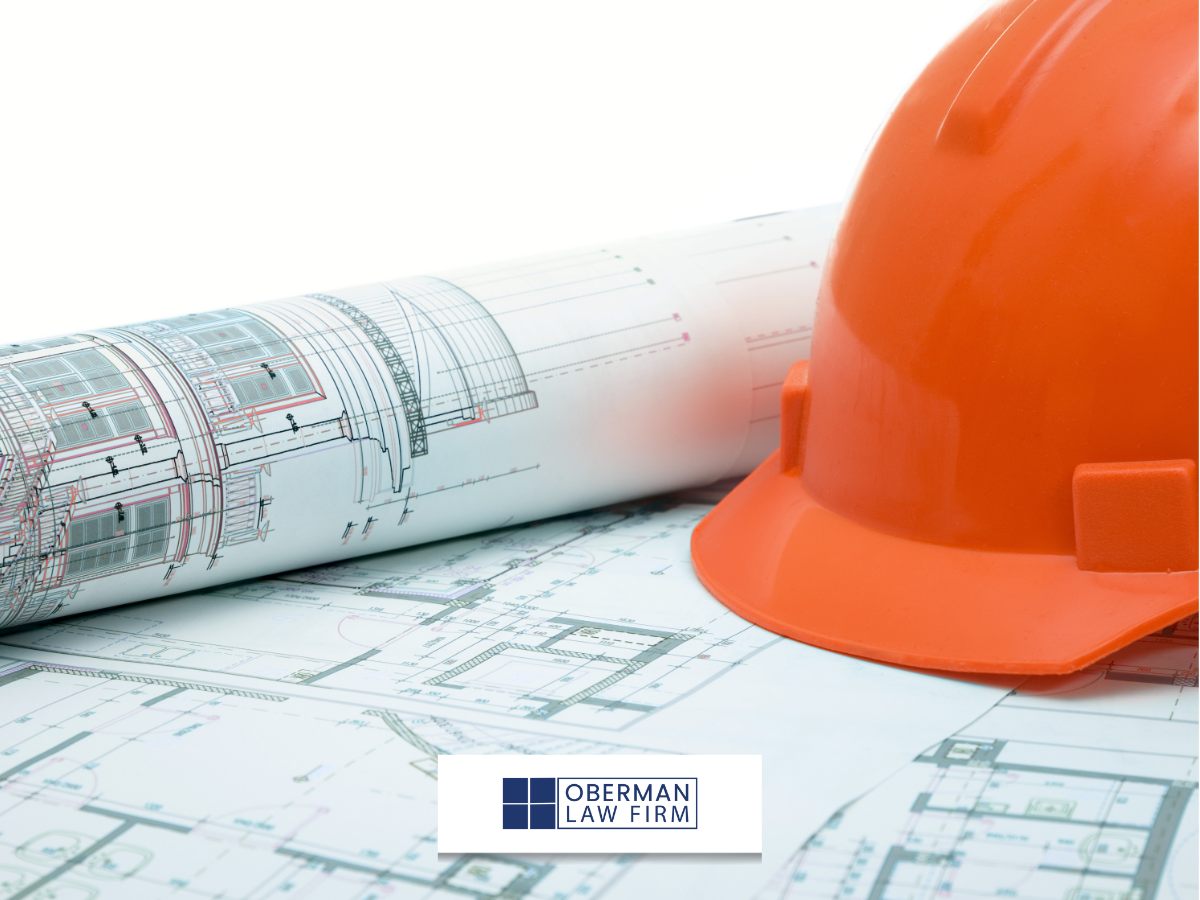Construction projects—by their very nature—are complex, fast-moving, and often involve multiple parties with competing interests. Even when a project is guided by a well-drafted contract, disputes can arise over delays, payments, scope of work, performance, or defects. When they do, it’s essential that all parties understand the legal tools and contractual procedures available to resolve these issues efficiently and effectively.
Below is a comprehensive guide on how to resolve commercial construction contract disputes using key legal strategies and contractual provisions.
Start with the Construction Contract Itself
The first and most important step in resolving any construction dispute is to review the contract. A well-drafted commercial construction contract should contain built-in dispute resolution mechanisms, including:
- Notice Requirements – Many contracts require that parties give timely written notice of disputes or claims.
- Change Order Procedures – Miscommunication over changes often leads to disputes. Ensure all change orders were handled per contract terms.
- Dispute Resolution Clauses – Most construction contracts designate the method and forum for dispute resolution (e.g., mediation, arbitration, litigation).
- Governing Law and Jurisdiction – Knowing which state’s law governs the contract helps guide resolution efforts.
Attempt Informal Resolution
Before invoking formal procedures, parties should attempt to resolve disputes through informal negotiation. This may include:
- Direct discussions between project managers or executives
- Review of payment records, construction logs, or project documentation
- Joint site inspections or forensic analysis
Why it matters: Informal resolution helps preserve business relationships and often avoids expensive litigation.
Mediation: A First Formal Step
Mediation is a non-binding process involving a neutral third-party mediator who facilitates discussion and helps the parties reach a mutually acceptable resolution.
- Benefits: Confidential, faster than court, preserves relationships
- When to use: Early in the dispute process or when both parties want to avoid escalation
Many standard construction agreements, such as AIA contracts, require mediation as a condition precedent to arbitration or litigation.
Arbitration: Binding but Private
Arbitration is a private dispute resolution process in which a neutral arbitrator (or panel) hears evidence and renders a legally binding decision.
- Advantages:
- May be faster and more flexible than litigation
- Arbitrators often have construction-specific experience
- Confidential proceedings
- Disadvantages:
- Limited rights to appeal
- Costs can be high depending on complexity
Contract Tip: Parties should agree in advance on arbitration procedures, arbitrator qualifications, and the governing arbitration rules (e.g., AAA Construction Industry Rules).
Litigation: When Court Intervention is Necessary
In cases where mediation and arbitration are not viable—or when urgent remedies like injunctions are needed—litigation in state or federal court may be the appropriate route.
- Typical litigation issues in construction:
- Breach of contract
- Construction defects
- Non-payment or delay claims
- Mechanics lien enforcement
- Remedies may include:
- Monetary damages
- Specific performance
- Termination of the contract
- Court-ordered remedies for defective work
While litigation is often the most time-consuming and costly option, it may be necessary in high-stakes or multi-party disputes.
Mechanics Liens and Payment Claims
If a contractor or subcontractor is not paid, they may file a mechanics lien against the property, which can lead to foreclosure if unresolved.
- Important considerations:
- Strict deadlines for filing
- Notice requirements
- Contract compliance and lien waivers
Owners must monitor lien releases and conditional waivers to ensure payments are properly documented and property interests are protected.
Termination and Cure Provisions
If a party defaults under the contract, termination may be an option—but only if contractual cure periods and notice requirements are strictly followed.
- Termination for Cause: Generally allowed for serious breaches, but must follow procedures
- Termination for Convenience: Allows a party to exit the agreement without cause, but may trigger payment for work performed
Improper termination can expose a party to substantial damages or liability.
Document Everything
Regardless of how a dispute is resolved, documentation is key. Parties should maintain:
- Daily logs and correspondence
- Invoices and payment records
- Inspection reports and photographs
- Meeting minutes and change order records
This evidence is critical whether the dispute proceeds through mediation, arbitration, or litigation.
Engage Legal Counsel Early
Early legal intervention can reduce risk, preserve rights, and offer strategic options before a dispute escalates. At Oberman Law Firm, we work closely with clients to:
- Analyze contract provisions and notice requirements
- Negotiate settlements or resolution strategies
- Represent clients in arbitration or court proceedings
- Protect against liens or termination claims
Conclusion
Commercial construction disputes are often disruptive, but they don’t have to derail a project or destroy a business relationship. The key is to plan ahead—through thoughtful contract drafting—and to respond decisively and strategically when disagreements arise. Whether through negotiation, mediation, arbitration, or litigation, the goal is to achieve resolution efficiently, cost-effectively, and in a way that protects your long-term interests.
At Oberman Law Firm, we help owners, developers, contractors, and design professionals proactively address construction disputes to protect their rights and avoid costly litigation.
About Us
Oberman Law Firm represents clients in a wide range of practice areas, including private equity, M&A, healthcare, corporate transactions, intellectual property, data privacy and security, regulatory compliance and governance, cross-border transactions, labor and employment, construction law, litigation, private clients’ services, corporate restructuring, and white-collar and governmental disputes.
As a firm, we offer the highest quality legal advice coupled with extraordinary and tailored service to deliver exceptional results to our clients. Our philosophy is to invest deeply in the brightest legal talent and build dynamic teams that operate at the pinnacle of respective practice areas. We believe in empowering our attorneys, encouraging entrepreneurialism, operating ethically and with integrity, and collaborating to bring the very best to every client engagement. These principles have guided us in building extraordinary and successful long-term partnerships with our clients.
Author(s)






